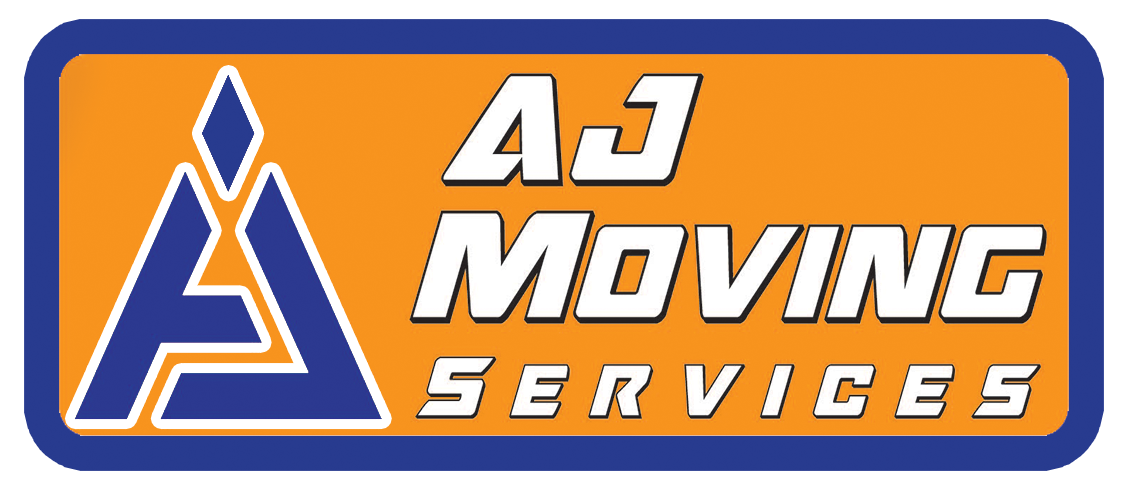In a world where change is the only constant, staying up-to-date with the latest relocation trends is essential to ensure a seamless moving experience. As the moving landscape evolves, it becomes crucial to understand the driving forces behind these shifts and how they can affect your upcoming move. In this blog post, we’ll explore the top 10 relocation trends that are revolutionizing the moving industry, from eco-friendly solutions to the impact of remote work on relocation choices. By keeping a finger on the pulse of these emerging trends, you can make informed decisions and better navigate the moving process, ensuring a smooth and stress-free transition. So, let’s dive in and uncover the key trends shaping the future of relocation and how you can leverage them for a successful move!
1. Eco-Friendly Moving Solutions
Many people are becoming environmentally conscious, which extends to the relocation industry. Many movers now offer eco-friendly solutions, such as using reusable plastic crates instead of cardboard boxes, providing biodegradable packing materials, and utilizing fuel-efficient vehicles. This reduces the carbon footprint and saves on overall moving costs.
2. Virtual Moving Surveys
Gone are the days when movers had to physically visit your home or office for an accurate estimate. Virtual moving surveys have become increasingly popular, allowing customers to receive quotes quickly and conveniently. Now you can show your belongings to the moving company using video calls or dedicated apps, enabling them to provide a detailed and precise cost estimate.
3. Portable Storage Units
Portable storage units are a game-changer in the relocation industry. These mobile storage containers can be delivered to your doorstep, allowing you to load your belongings at your own pace. Once ready, the moving company transports the container to your new home or a storage facility. This trend offers a flexible and cost-effective solution for those with busy schedules or complex moving needs.

4. DIY Moves with Moving Equipment Rentals
In the latest trend, more and more people opt for DIY moves to save money and maintain control over their relocation process. Moving equipment rental services, such as truck rentals and moving supplies, are gaining traction among budget-conscious movers. These services provide the necessary tools and resources for a successful self-move without the added cost of hiring a full-service moving company.

5. Increased Demand for International Relocation Services
As globalization continues influencing the job market and people’s lifestyles, the demand for international relocation services is rising. Moving companies are expanding their offerings to cater to clients with overseas moving needs, providing customs clearance, freight forwarding, and destination services. These specialized services help to ease the stress of moving to a new country.
6. Remote Work Influencing Relocation Choices
With the rise of remote work, many people are reevaluating their living situations and relocating to more affordable or desirable locations. This trend drives demand for moving services in previously less-popular areas as remote workers seize the opportunity to create a better work-life balance in their new homes.[1]
7. Group Moves and Shared Housing
As housing costs continue to climb, more individuals and families opt for group moves and shared housing arrangements. This trend promotes a sense of community and helps to reduce living expenses. Moving companies adapt to this shift by offering tailored services for group moves and shared living situations.
8. Demand for Short-Term and Flexible Housing
In today’s fast-paced world, people are likelier to change jobs or move for personal reasons. This trend has increased demand for short-term and flexible housing solutions. Moving companies are responding by offering services that cater to these temporary relocations, such as short-term storage and quick turnaround times for moves.
9. Integrated Technology and Smart Homes
As smart home technology becomes more prevalent, people seek to integrate these systems into their new homes during relocation. Moving companies are working closely with smart home technology
providers to ensure a seamless transition for customers, from disassembling smart devices in the old home to installing and setting them up in the new one.
10. Rise in Minimalist and Sustainable Living
Minimalist and sustainable living philosophies are gaining popularity, leading to smaller moves and downsizing. Many people choose to live with fewer possessions for environmental or personal reasons. Moving companies are adapting to this trend by offering specialized services for small moves and providing resources and guidance on sustainable living practices.[2]

Conclusion
The relocation industry is in a constant state of transformation, making it essential to stay updated on the latest trends to ensure well-informed decisions for your next move. By being receptive to these emerging trends, you’ll experience a moving journey more aligned with your specific needs and preferences. Staying ahead of the curve and adapting to the changing landscape will guarantee a seamless and stress-free move, making your transition to a new home an enjoyable experience. So, embrace the changes, and here’s to a successful and happy moving adventure!
FAQs
1. What is the difference between moving and relocation?
Moving typically means transporting your belongings from one place to another, usually within the same city or region. Relocation, however, often involves a more comprehensive process, including finding a new home, adjusting to a new environment, and settling into a new community. It generally refers to longer-distance moves or international moves.
2. What is the moving industry outlook for 2023?
Based on a recent analysis of U.S. Census Bureau data by Brookings, the following trends were observed in the United States moving patterns: The overall migration rate within the country stood at 8.7%. Short-distance permanent moves within the same county for individuals aged 25-34 experienced a decline, reaching around 8.2%. Short-distance moves accounted for approximately 60% of all domestic moves in the U.S.[3]
3. Is relocation stressful?
Relocation can be stressful due to the many factors involved, such as packing, organizing, adjusting to a new environment, and managing logistical challenges. However, staying informed about the latest trends, planning, and seeking professional assistance can minimize stress and ensure a smooth transition to your new home.
4. How can I make my relocation more eco-friendly?
To make your relocation more eco-friendly, consider using reusable packing materials, such as plastic crates or rentable moving boxes, and opting for biodegradable packing materials like paper or cornstarch peanuts. Choose a moving company that uses fuel-efficient vehicles and prioritizes environmentally-friendly practices.
References:
[1] https://tiranetwork.com/importance-of-relocation-services-remote-working/
[2] https://www.lifeswoop.com/2023/04/rise-of-minimalism-trend-modern-living.html







